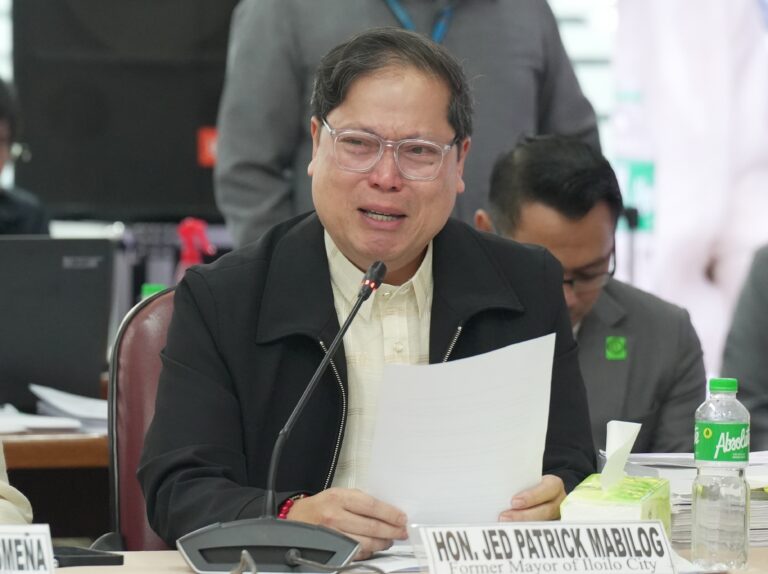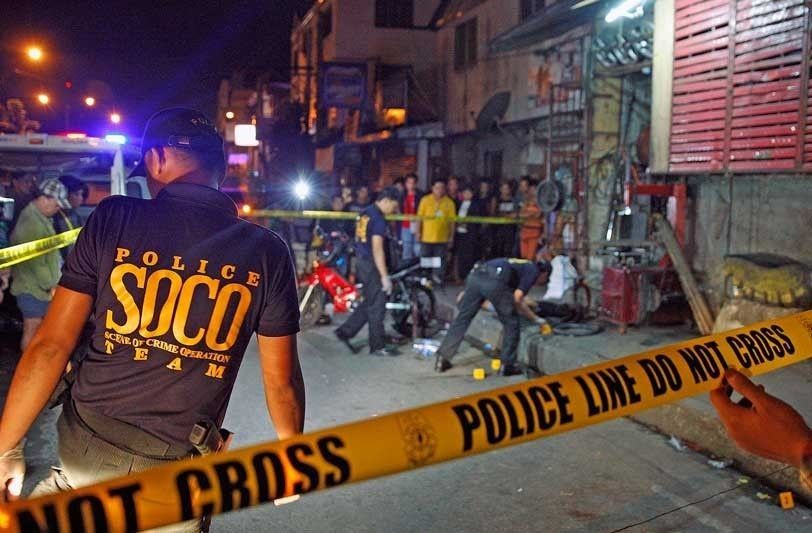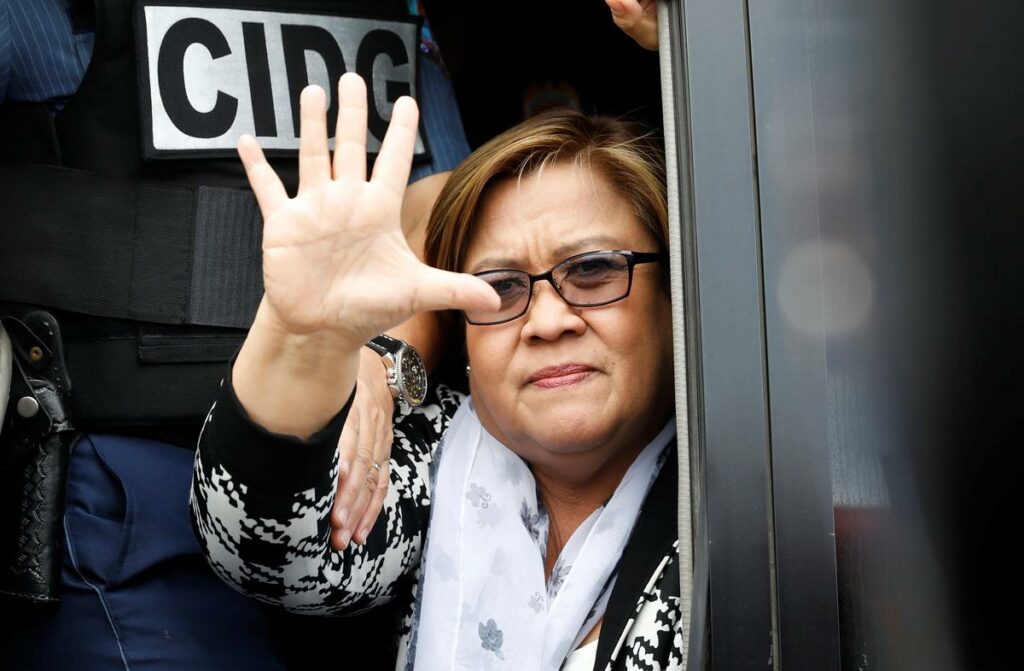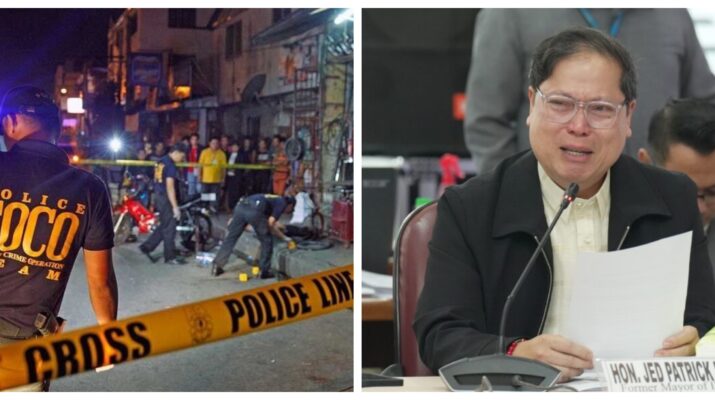After seven years in self-imposed exile in the United States, former Iloilo City Mayor Jed Patrick Mabilog returned to the Philippines this month. The ex-local government official was slapped with graft and corruption charges by the previous administration of President Rodrigo Duterte, but has been granted temporary release after posting bail.
A longtime member of the Liberal Party, which became the main opposition party after Duterte’s ascent to power in 2016, Mabilog found himself in the cross-hairs of the former president for allegedly being a “drug protector”. The then president would repeatedly cite the Iloilo mayor in his “narcolist” – a list of elected officials allegedly involved in the drug trade – despite having no narcotics-related charges filed against Mabilog.

Fearing for his own safety due to the allegations, Mabilog fled to the United States in 2017 after being out of the country to attend an official conference in Japan. His concerns were not unfounded, two other mayors publicly named by Duterte as “drug protectors” had been killed prior to Mabilog leaving.
Making the threat more real, Duterte also moved the local police chief who had overseen the operations that killed both mayors to be stationed in Iloilo City next – hinting that their “next target” was the mayor of that city.
In self-imposed exile in the U.S., Mabilog vowed to only return to the Philippines after Duterte’s presidency. With President Ferdinand Marcos Jr. taking the helm in 2022, the former mayor returned from exile citing his confidence in the new administration’s “commitment to due process and fairness”.
It is also telling that although he was repeatedly accused of being a drug protector, the Duterte administration never filed any drugs-related charges against Mabilog. Instead, the latter only faces cases pertaining to graft and corrupt practices and of violations against the Code of Conduct and Ethical Standards for Public Officials Act.
With Mabilog returning to the country as well, he has also attended the House of Representatives’ quad committee hearing on the war on drugs to give evidence of his ordeal. In his testimony, the ex-mayor revealed that – while he was abroad – an informant within the Philippine National Police (PNP) told him that he would be killed if he returned to the country.

The same informant, allegedly another PNP general, also told Mabilog that if he returned he would be brought to Camp Crame (the PNP’s headquarters) and coerced to pinpoint two opposition personalities – then-Senator Franklin Drilon and presidential candidate Mar Roxas (Duterte’s main rival in the 2022 election) – as big-time drug lords.
While appalling, those accusations are nothing new. At the start of the Duterte presidency, the then-President repeatedly linked his election rival to police officials involved in the narcotics trade.
Likewise, Duterte also drew links between those scalawag police officials and Senator Drilon – who at that time was a popular senator who garnered the most votes in the 2016 Senate race.
The demolition job against Mabilog’s reputation, and the attempt to tarnish the reputations of other Liberal Party stalwarts in Drilon and Roxas only shows that the Duterte administration’s aggressive campaign against the drug trade was weaponized to go after the former president’s political enemies.
Another Liberal Party figure, then-Senator Leila de Lima, was of course among the most prominent victims of Duterte’s political attacks as part of the “War on Drugs”. Perhaps the harshest critic of Duterte’ drug war, De Lima found herself accused of protecting detained drug lords in custody in exchange for protection money she allegedly used to fund her senate campaign in 2016.

De Lima’s prediction bears strong resemblance to Mabilog’s testimony: that witnesses were being pressured to sign affidavits and make false testimonies by the Duterte administration to wipe out his political opposition. While Mabilog has only made one appearance thus far before Congress’ Quad Comm hearings, the evidence we have heard until now has been damning on former President Duterte and his administration.
The so-called “War on Drugs” left more than 20,000 Filipinos dead in its wake, from drug-related police operations. It was fashioned as a “necessary evil” aimed at crushing the illegal drug trade, but was revealed in 2020 to have only culled 1 per cent of said criminal activity.
It was ineffective as a deterrent for the drug trade, but a powerful weapon to quash Duterte’s political opponents. To summarize the drug war: thousands of Filipinos were killed to promote Duterte’s political ambitions and maintain his hold on power.

